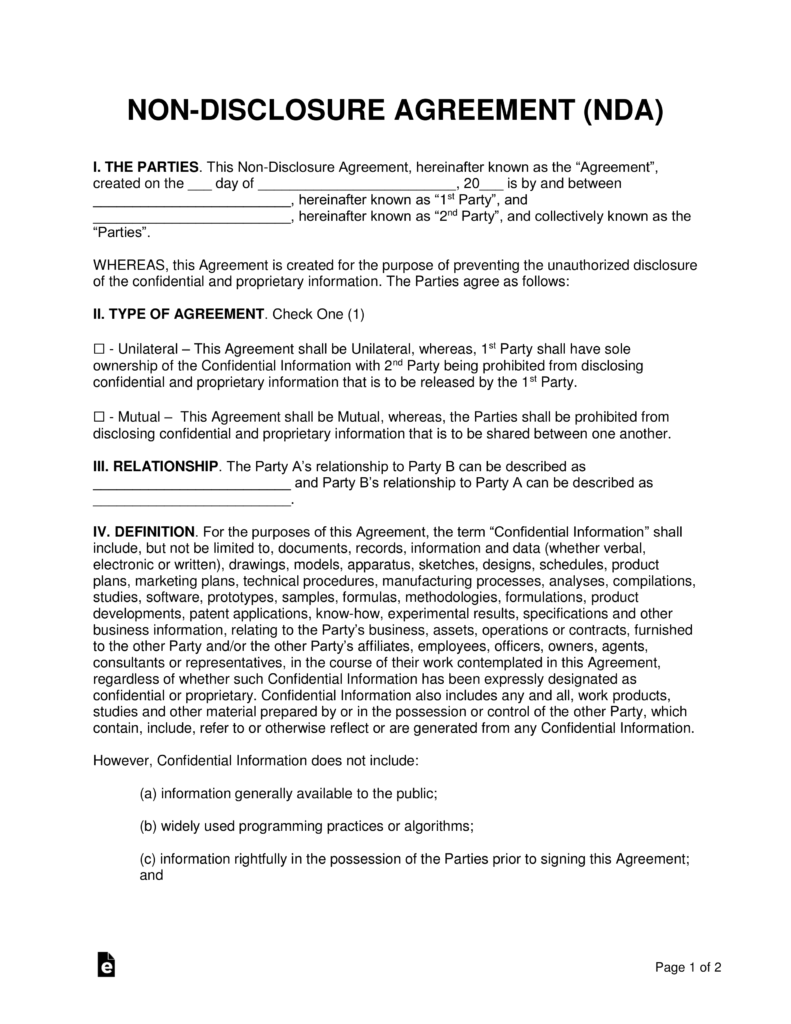Section 21 Notice
The legal notice lets tenants know that their tenancy is going to terminate and that their landlord wishes to enforce their automatic right to take repossession of the property.

Create a Document in 3 Easy Steps
1. Get Started
Choose Your Form or
Location to Begin
2. Answer Questions
Complete Your Document in Minutes
3. Download Document
Download and Print your PDF
We are advising that all landlords currently suspend or delay evictions during the Covid-19 pandemic in accordance with Government Guidance.
Any eviction proceedings issued are done at your own risk and discretion.
For use in England only.
The legal notice lets tenants know that their tenancy is going to terminate and that their landlord wishes to enforce their automatic right to take repossession of the property. All Landlords seeking to gain repossession of any properties under an Assured Shorthold Tenancy (AST) should use this section 21 notice.
Correct use of this section 21 notice by Landlords ensures any repossession of a property is done safely and legally.
Protect yourself with this simple Form 6A eviction notice.
When do you need to use a section 21 notice?
Use a section 21 notice:
- For all ASTs (assured shorthold tenancies)
- For property leased on an AST
- When you wish to repossess a rented property where the tenant is not at fault
- When the tenant’s deposit has been correctly held in a government-backed tenancy deposit scheme (TDP)
- When the tenant has been given all the required recommended information
- After the first four months of the tenancy
- When no enforcement notice has given to the landlord following a complaint by the tenant
- For all properties situated in England only
What does a Section 21 notice cover?
Section 21 notices cover:
- Terminating a tenancy leased on an AST
- Repossessing the rented property
- The last day of the tenancy
- Information the landlord is required to provide the tenant with before giving the notice
- What the tenant should do if the landlord gives the notice
- How much notice the landlord gives the tenant
- The date the tenant is required to leave the property by
- Who the notice will be served by; whether it be the landlord, joint landlords or the landlord’s agent
What is a Section 21 notice?
A section 21 notice is an official notification given by a landlord stating their desire to reacquire possession of the property at the end of the tenancy.
It is commonly used when evicting tenants when they are not at fault
And can also be known as Eviction Notices, Notices to Quit or a Notice Seeking Possession.
Do you need a section 21 notice?
If one wishes to evict their tenants and repossess the property, it is required by law to serve a Section 21 notice.
Serving this notice is a crucial first step when initiating the eviction process.
How does the Coronavirus Act 2020 affect me?
This Act has extended the required eviction notice period to three months starting from 26 March until 30 September, excluding potential extension of said period by the Government, this means that all Landlords are required to give their tenants at least three months notice before eviction.
If the tenants do not leave the premises by the specified date in the notice, then landlords are permitted to appeal to the court for a possession order. Individuals cannot force the tenants to leave without this court order.
All eviction proceedings are postponed from the 27 March until the 25 June.
Landlords are not to continue or initiate any eviction proceedings during this period without sound justification.
Who is covered by the Coronavirus Act 2020?
All tenants and licensees protected under the Protection from Eviction Act 1977 will too be covered by the Coronavirus Act 2020; this includes the majority of tenants in social housing or residential properties and some licensees but omits any lodgers, temporary holiday renters, and asylum seeker accommodations.
What happens if I issued an eviction notice before the Coronavirus Act 2020 was put in place?
As all court proceedings are postponed until the 25 June, you are not permitted to continue or initiate any eviction notices at the moment without sound justification.
Though eviction notices issued before the 27 march are not to be affected by the requirements of the Coronavirus Act 2020, they are still subjected to a 90-day postponement.
And so, landlords should be considerate of the individual tenants’ situation and not expect them to move out without reason.
Are Section 21 forms applicable for tenancies started after 1 October 2015?
Yes, Section 21 notices (Form 6A) are the recommended form required to repossess rented property leased on an assured shorthold basis.
Landlords are required to use this form for ASTs that started their tenancy after 1 October 2015 in England only.
Are Section 21 forms applicable for tenancies started before 1 October 2015?
Landlords can use Section 21 notices for ASTs that started their tenancy before 1 October 2015.
From 1 October 2018, all landlords are required to give ASTs the section 21 notice (Form 6A)
When am I allowed to serve the Section 21 notice?
Section 21 notices are not allowed to be served within the first four months of the tenancy.
This four-month rule, however, does not apply to tenancies that are or have become periodic.
Landlords are also required to serve the notice within two months in advance of the desired eviction period.
If one wishes to serve the Eviction Notice from the 26 March until the 30 September, you are required to give at least three months notice regardless of the type of tenancy, due to the Coronavirus Act 2020.
When should I serve Section 21 Notices for fixed-term tenancies?
Landlords can serve Section 21 notices during fixed-term periods of the tenancy, but this is not permittable within the first four months of the rental, and possession of the property will not be granted until the fixed term period has officially terminated.
Therefore the Eviction Notice has to have an expiration date that is after the fixed-term period ends or else it would be invalid.
Landlords must give at least a two-month notice before the eviction period – so if the tenants have a six-month tenancy agreement, the section 21 notice has to be presented at four months.
The Eviction date should be a few days following the end of the fixed-term period.
Remember that if one plans to serve the Eviction Notice from the 26 March until the 30 September, landlords are required to give at least three months notice regardless of the type of tenancy, due to the Coronavirus Act 2020.
When should I serve Section 21 Notices for periodic tenancies?
Section 21 notices for periodic tenancies are the same as for fixed-term tenancies, as they both require a minimum notice period of two months minimum two months (assuming that the rent of the periodic tenancy is paid on a weekly or monthly basis)
If the tenants pay on a quarterly, bi-annually or annual basis, the landlord will have to give the suitable matching notice period.
For example, for tenants paying quarterly, landlords will be required to give a notice period of three months – and for those paying bi-annually six months, notice will be required.
(Six months is the maximum notice period required by law)
How long is the Section 21 notice valid?
The notice is valid for six months after the date served in the case of fixed-term tenancies.
In the case of periodic tenancies, the notice is valid for four months after it is served.
Landlords will be required to serve a new notice if the notice expires or they do not provide a court order within the appointed time period.
What information do I need to know before I serve a Section 21 notice?
Landlords must ensure that all tenants have received:
- an EPC (Energy Performance Certificate);
- An up-to-date gas safety certificate
- a copy of “How to rent: the checklist for renting in England”.
If the landlord has not received an email address from the tenant in which they can reach them and is permitted to receive notices and other documents, the landlord or their agent is required to provide a hard-copy of said documents.
What happens if I have not provided the tenant with the relevant documents?
Landlords will not be allowed to present the Section 21 notice until all of the proper documentation has been submitted to the tenant.
Once you have given the documents, you can issue a Section 21 notice.
What do you do if there are multiple tenants?
Section 21 notice must include the names and addresses of all the tenants living on the premises.
Do I have put the tenant’s deposit in a government scheme?
Yes. If the tenant gave you a deposit before the start of the tenancy, you are required to place it in a government-backed deposit scheme.
If the deposit has not been protected under this scheme, and the proper information was not given to the tenant, the landlord is not permitted to provide the Section 21 notice.
For more information on this read Deposit Protection Schemes.
What if I took ‘Prohibited payments’ under the Tenant Fees Act 2019?
You are required to return any Prohibited Payments (unlawfully paid bribes, charges, fees, or deposits) paid to the landlords for tenancies begun after 1 June 2019.
After 1 June 2019, all landlords and agents are forbidden from taking certain payments or charging certain fees to tenants.
For more advice
Ask a lawyer if:
- Your property is not a residential property
- the property resides outside of England (for example in Wales)
- The tenant’s deposit was not protected under the government-backed tenancy deposit scheme
- the tenant is not satisfied with the condition of the premises or parts of the building, and the tenancy agreement has started after October 2015, as you may not be permitted to evict said tenant.
For more information, read repossessing property – section 21 notices.

